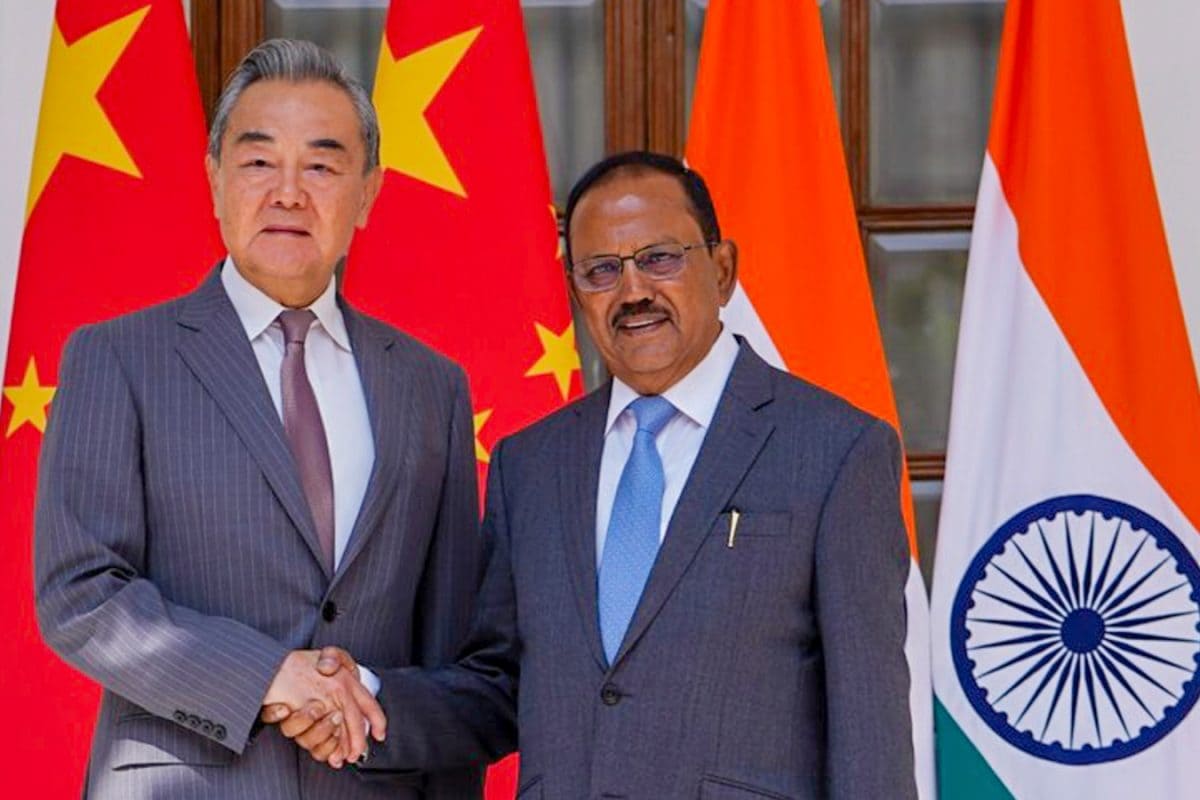

Recent high-level discussions between India and China have led to agreements aimed at de-escalating border tensions and fostering greater cooperation across multiple sectors. The 24th round of the Special Representatives' (SR) dialogue on the Boundary Question, co-chaired by Indian National Security Advisor Ajit Doval and Chinese Foreign Minister Wang Yi, has paved the way for establishing special groups focused on boundary delimitation and maintaining peace in border regions.
Both sides acknowledged the importance of approaching the boundary issue with a political perspective, seeking a fair, reasonable, and mutually acceptable resolution. This approach aligns with the 2005 Agreement on Political Parameters and Guiding Principles for Settlement of the India-China Boundary Question. To achieve tangible progress, an Expert Group will be formed under the Working Mechanism for Consultation and Coordination on India-China Border Affairs (WMCC) to explore "early harvest" options in boundary delimitation. Additionally, a Working Group will be established under the WMCC to enhance effective border management and maintain peace and tranquility in the border areas.
The discussions also addressed the resumption and expansion of various official bilateral dialogue mechanisms and exchanges. This includes holding the Third Meeting of the India-China High-level Mechanism on People-to-People Exchanges in India in 2026. Both countries have agreed to support each other in hosting events in 2025 to commemorate the 75th anniversary of the establishment of diplomatic relations between India and China.
Beyond border-related matters, the talks covered a range of bilateral, regional, and international issues. Wang Yi assured External Affairs Minister S Jaishankar that China would resume critical exports to India, including fertilizers, rare earth minerals, and tunnel boring machines, addressing long-pending Indian demands. This move signals a potential thaw in relations, serving as a confidence-building measure. Jaishankar emphasized India's expectation of stable, uninterrupted supply chains for essential inputs, a concern that Wang Yi responded to positively.
India also raised concerns regarding the construction of a mega dam on the lower reaches of the Yarlung Tsangpo river (Brahmaputra), highlighting the potential implications for lower riparian states and stressing the need for transparency. The Chinese side agreed to share hydrological information during emergency situations based on humanitarian considerations and to give full play to the role of the India-China Expert Level Mechanism on Trans-border Rivers.
Both sides agreed to the reopening of border trade through the three designated trading points: Lipulekh Pass, Shipki La Pass, and Nathu La Pass. Furthermore, they committed to facilitating trade and investment flows between the two countries through concrete measures. Direct flights are also expected to resume at the earliest, along with measures to facilitate visas.
During the meetings, the Indian side reiterated its consistent position on Taiwan, emphasizing that its relationship with Taiwan focuses on economic, technological, and cultural ties. The issue of terrorism was also raised, with India emphasizing the need to counter cross-border terrorism, aligning with the objectives of the Shanghai Cooperation Organisation (SCO). Wang Yi affirmed that countering terrorism should be a high priority.
Prime Minister Modi accepted Chinese President Xi Jinping's invitation to attend the upcoming SCO Summit in China. Both nations will also support each other's BRICS Summits in 2026 and 2027. These high-level exchanges and agreements signify a concerted effort to stabilize and improve India-China relations, promoting regional peace and prosperity. National Security Advisor Ajit Doval noted the improved environment, stating that the borders have been quiet and bilateral engagements have become more substantial.